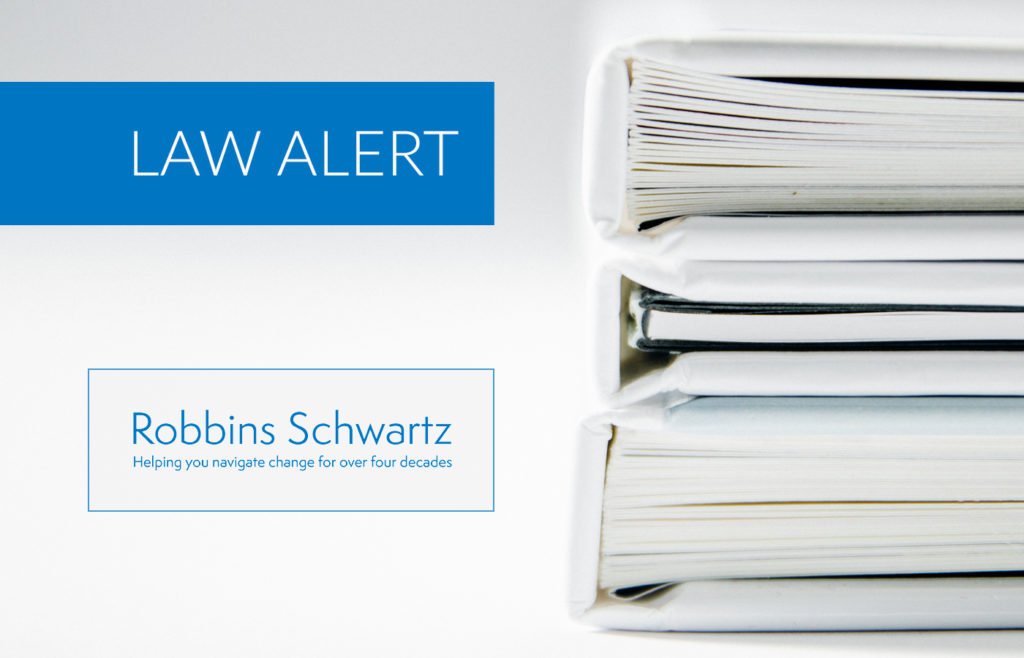Attorney General: Disclosure of Certain Private Email and Cell Phone Records Required by FOIA

Attorney General: Disclosure of Certain Private Email and Cell Phone Records Required by FOIA
Nov 30, 2011
Share to:
On November 15, 2011, the Attorney General issued a binding opinion examining what is a “public record” subject to request under the Freedom of Information Act (FOIA). In Public Access Opinion No. 11-006, the Attorney General found that communications of members of public bodies, generated on private equipment that relates to public business and are generated during public meetings are subject to disclosure under the requirements of the FOIA.
In July, a staff reporter at The News Gazette, submitted a FOIA request to the City of Champaign seeking “[a]ll electronic communications, including cellphone text messages, sent and received by members of the city council and the mayor during city council meetings and study sessions since (and including) May 3.” The newspaper explicitly requested records from “both city-issued and personal cellphones, city-issued or personal email addresses and Twitter accounts.” The newspaper asserted that these communications should be treated as public records because they were produced during an ongoing public meeting and that “it is very possible” that the communications “aid in the elected officials’ formulation of opinions and that consequently affect their votes.”
In response to the request, the city produced only the records that it actually held. The city asserted that “private citizen’s communications to the Council member’s or the Mayor’s privately owned electronic devices is not within the scope of the Freedom of Information Act.” The city further argued that the emails and text messages are not public records because they are not in the possession of a public body.
The Attorney General’s binding opinion directed the city to comply with the newspaper’s request. The Attorney General found that communications sent or received on personal electronic devices during city council meetings or study sessions that pertain to the transaction of public business are “public records” subject to the requirements of FOIA. The Attorney General found the relevant question in determining what qualifies as a “public record” to be “whether that record was prepared by or used by one or more members of a public body in conducting the affairs of government.”
In support of its decision, the Attorney General examined the language and intent behind the FOIA. It found the city’s argument inconsistent with the General Assembly’s intention that the public have “full disclosure of information relating to the decisions, policies, procedures, rules, standards and other aspects of government activity.” Additionally, the Attorney General stated that its position will protect the purpose of FOIA; its finding will prevent public bodies from circumventing the requirements of FOIA by conducting their public business on personal equipment.
The Attorney General’s opinion includes some limitations on what communications generated on private devices qualify as “public records.” It stressed that communications discussing personal business meetings or family matters may be withheld from FOIA requests. Additionally, it suggested the use of discretion by public bodies in determining what qualifies as “public records;” “A public body that receives a FOIA request for records generated on private equipment could clearly distinguish between communications that are either political in nature or simply mention public business in passing or in a non-substantive way, and those that relate to the transaction of public business.”
However, the Attorney General’s opinion does not explicitly address if there are time restrictions on what communications are subject to FOIA requests. The newspaper in this matter limited its request to “city council meetings and study sessions.” The Attorney General’s opinion appears to limit itself to considering the specific request of the newspaper, and thus does not address whether communications on private devices discussing public business generated outside hours of council meetings or study sessions would be subject to FOIA requests.
If you have any questions regarding the above, please contact any RSNLT attorney.
Zachary P. Bemis, a law clerk in the firm’s Chicago office prepared this Law Alert.
